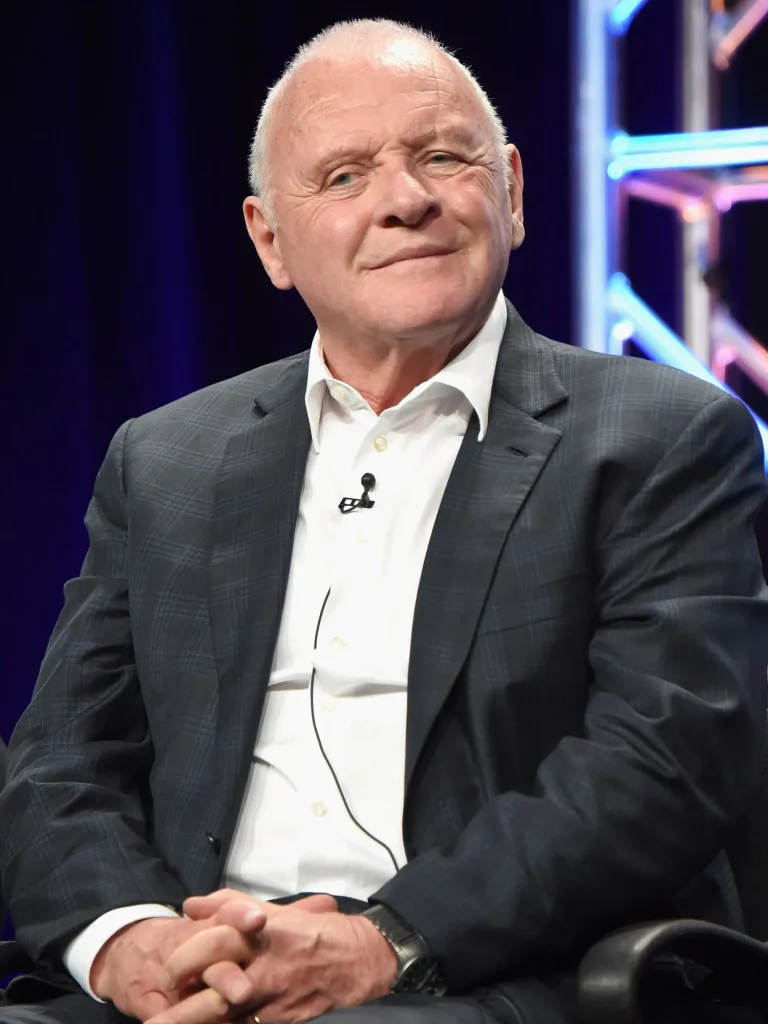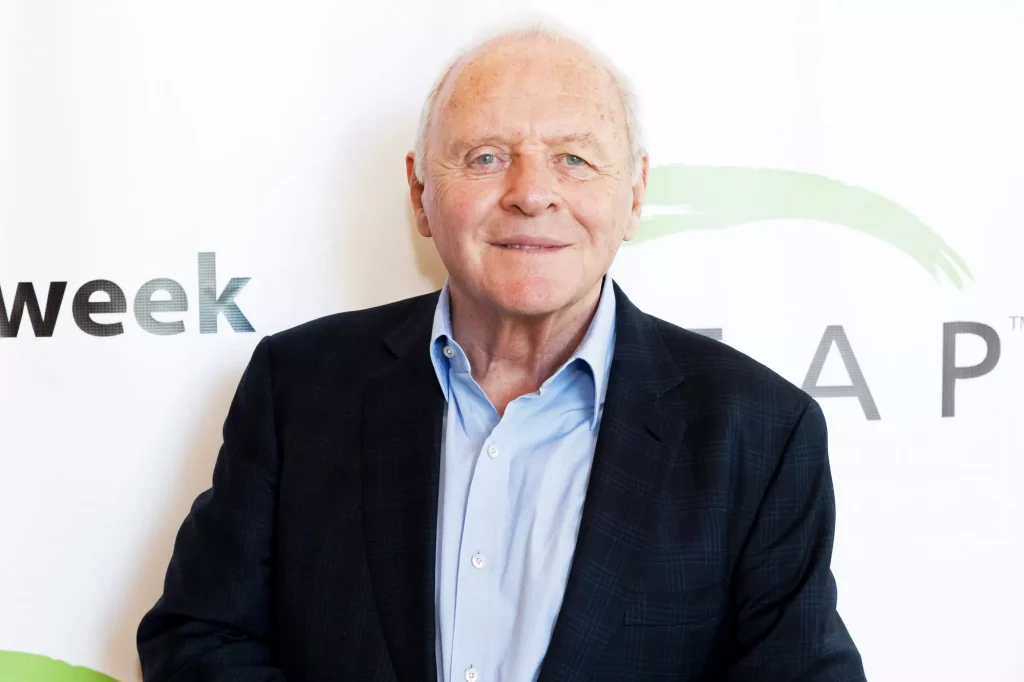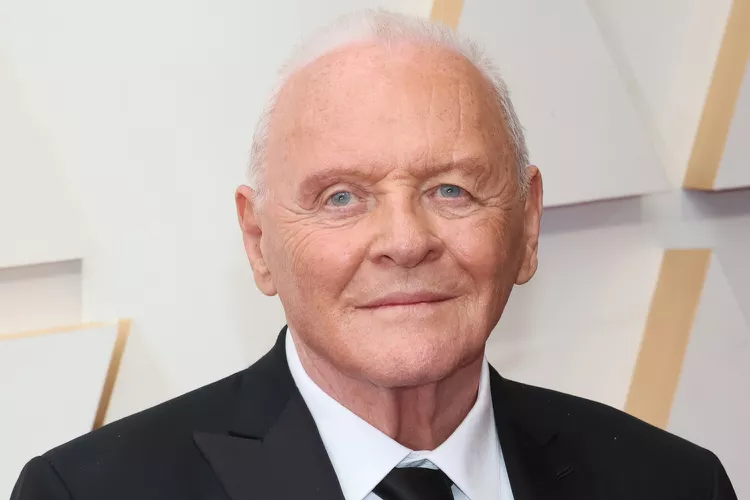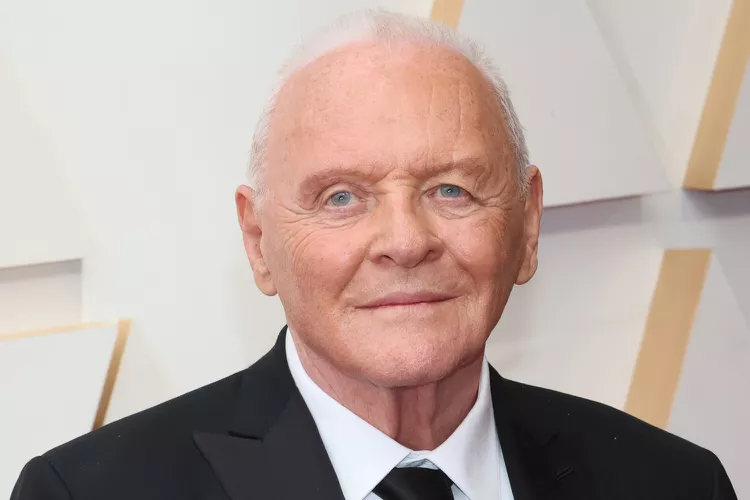Anthony Hopkins Recalls the Night He Realized He Was an Alcoholic: “I Could Have Killed Somebody” — How One Decision Saved His Life
Anthony Hopkins is known to the world as one of the greatest actors of all time — a man whose performances in films like The Silence of the Lambs and The Father have defined cinematic excellence for decades. But behind the awards and acclaim lies a deeply personal story of struggle, self-realization, and redemption. In a recent episode of The New York Times podcast The Interview, the 87-year-old Academy Award winner opened up about the night that changed everything — the night he realized he was an alcoholic and that his life could have ended in tragedy.

Hopkins’ reflection came as he discussed his forthcoming memoir, We Did OK, Kid, a book that promises to dive deep into the pivotal experiences that shaped his life and career. But among all those moments, one memory stands above the rest — the instant when his drinking nearly cost him everything. “I could have killed somebody,” he said softly, recalling how his addiction had taken over his mind and judgment. “That was the moment I knew something had to change.”
It wasn’t an easy revelation. For years, Hopkins had battled inner demons, often hiding them behind the precision and control that made him a master performer. He described how alcohol had become a way to escape, a companion that offered temporary relief but ultimately deepened the emptiness. Like many who struggle with addiction, he didn’t recognize how far things had gone until he hit rock bottom. That moment of clarity, as he explained, came when he found himself waking up confused, ashamed, and unable to remember the night before — a night that could have ended in disaster. “I realized I wasn’t in control,” he said. “And that realization terrified me.”

From that day forward, everything changed. Hopkins sought help, embraced sobriety, and began a journey of recovery that would reshape not only his personal life but also his artistry. He often speaks about that transformation with profound humility, crediting his survival to a power greater than himself. “Something inside me just shifted,” he shared. “It was as if a light came on — I realized I didn’t want to live that way anymore.”
Over the years, Hopkins has become an unexpected beacon of hope for others fighting addiction. On social media, he frequently posts heartfelt messages to mark his sobriety milestones, encouraging those still struggling to keep going. In one of his most viral posts, he looked directly into the camera and said, “Today is the tomorrow you were so worried about yesterday. You can get through it. Believe me, I did.” The sincerity in his voice was undeniable — the voice of a man who had been to the edge and found his way back.
What makes his story even more powerful is how it contrasts with his career success. Even at the height of his fame, when the world saw him as composed and commanding, Hopkins was still fighting unseen battles. It’s a reminder that addiction doesn’t discriminate — it touches people from all walks of life, even those who appear to have it all. His willingness to talk about it so openly at this stage of his life shows not only courage but also compassion. He’s no longer just an actor; he’s a symbol of resilience and self-forgiveness.

In We Did OK, Kid, Hopkins promises to reveal even more about the lessons he learned through his decades in Hollywood and his personal evolution. The title itself feels tender, almost like a message to his younger self — a way of saying, “You made mistakes, but you survived. You grew.” That perspective has defined his later years, not just in his art but in his outlook on life. “We’re all flawed,” he said in the interview. “But there’s beauty in that. We learn. We move on. And if we’re lucky, we find peace.”
Today, Anthony Hopkins continues to work, paint, compose music, and inspire millions across generations. His energy remains sharp, his gratitude unwavering. But it’s perhaps his honesty — the courage to share his darkest chapters — that defines his legacy more than any award could. Because in admitting his vulnerability, he’s shown others that recovery is possible, no matter how lost you feel.
Hopkins’ story isn’t just about addiction — it’s about redemption, forgiveness, and the unshakable will to live. It’s about realizing that no matter how far you’ve fallen, there’s always a way back up. As he said near the end of his interview, “I’m not ashamed of who I was. That man taught me how to be who I am today.”
And with that, the world was reminded that even the greatest among us are human — and sometimes, our greatest performances happen not on screen, but in the quiet moments when we decide to change our lives for good.


